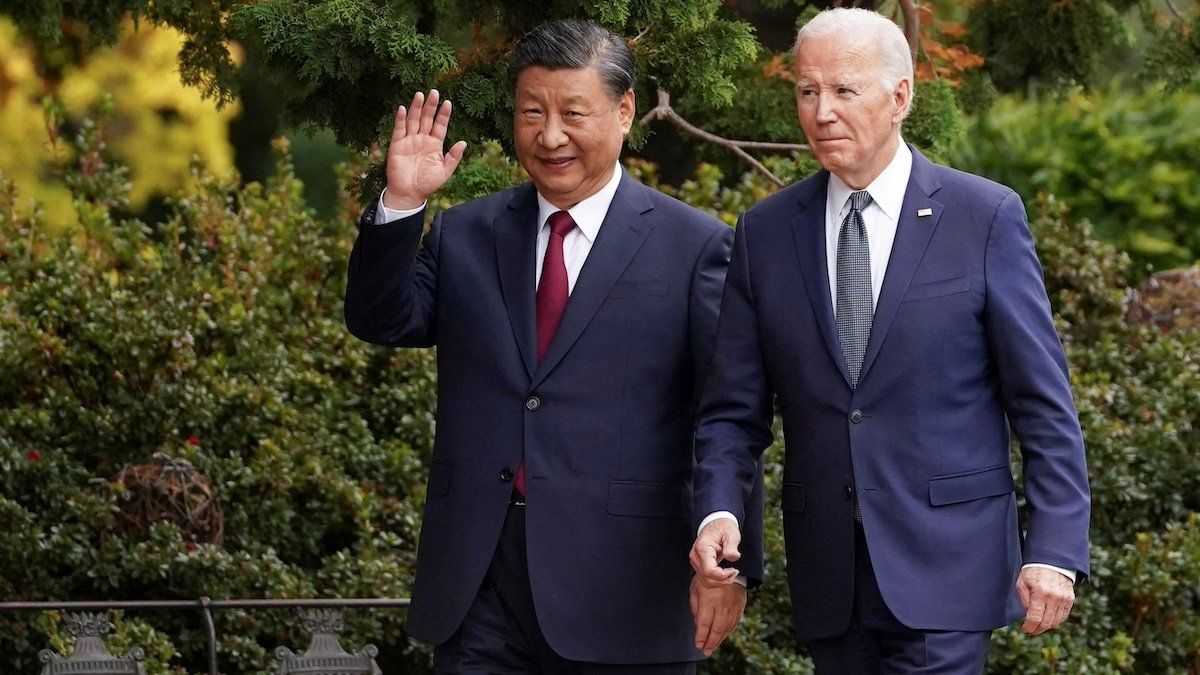US President Joe Biden and Chinese President Xi Jinping spoke for nearly two hours on Tuesday, in a wide-ranging conversation meant, as one senior official put it, to serve as a “check-in.” Both men agreed to periodic phone calls when they met last year in San Francisco in a bid to boost dialogue and stabilize relations.
So far, Washington and Beijing have avoided any major flare-up, but Biden and Xi had no shortage of risks and gripes to discuss. Biden emphasized his commitment to the status quo over Taiwan and urged Xi to respect freedom of navigation in the South China Sea, where Chinese and Filipino vessels have had tense confrontations recently. He also expressed concern about China’s support for Russia’s military-industrial base. Xi, meanwhile, criticized “endless” US sanctions on the tech sector in an attempt to restrict Chinese access to militarily sensitive gear.
It wasn’t all complaints. The two leaders discussed recent progress on military-to-military communications, fentanyl trafficking, climate policy, and artificial intelligence, among other items. Cooperation on those less sensitive issues helps ease pressure on more intractable ones.
What’s next? The call comes just ahead of US Treasury Secretary Janet Yellen’s expected visit to China. Given Xi’s complaints today, she might be in for a less-than-relaxing trip, as she’s expected to press Beijing harder on “unfair” trade practices.
Secretary of State Antony Blinken and Defense Secretary Lloyd Austin will also travel to China in the coming weeks. And we have our eye on the inauguration of Taiwanese President William Lai next month, when a vigorous Chinese display of strength could test relations with Washington, which would face pressure to back up Taipei.


















